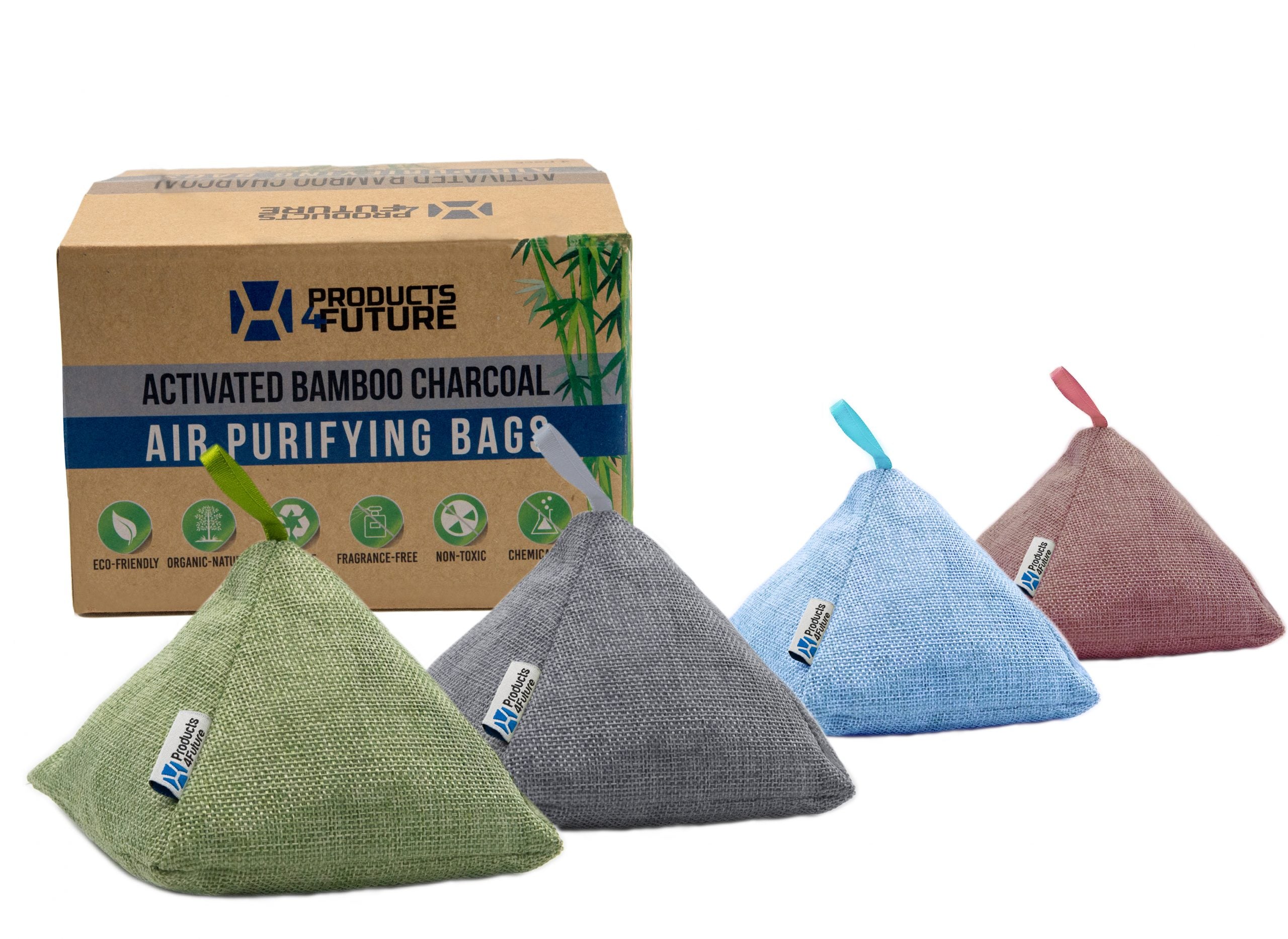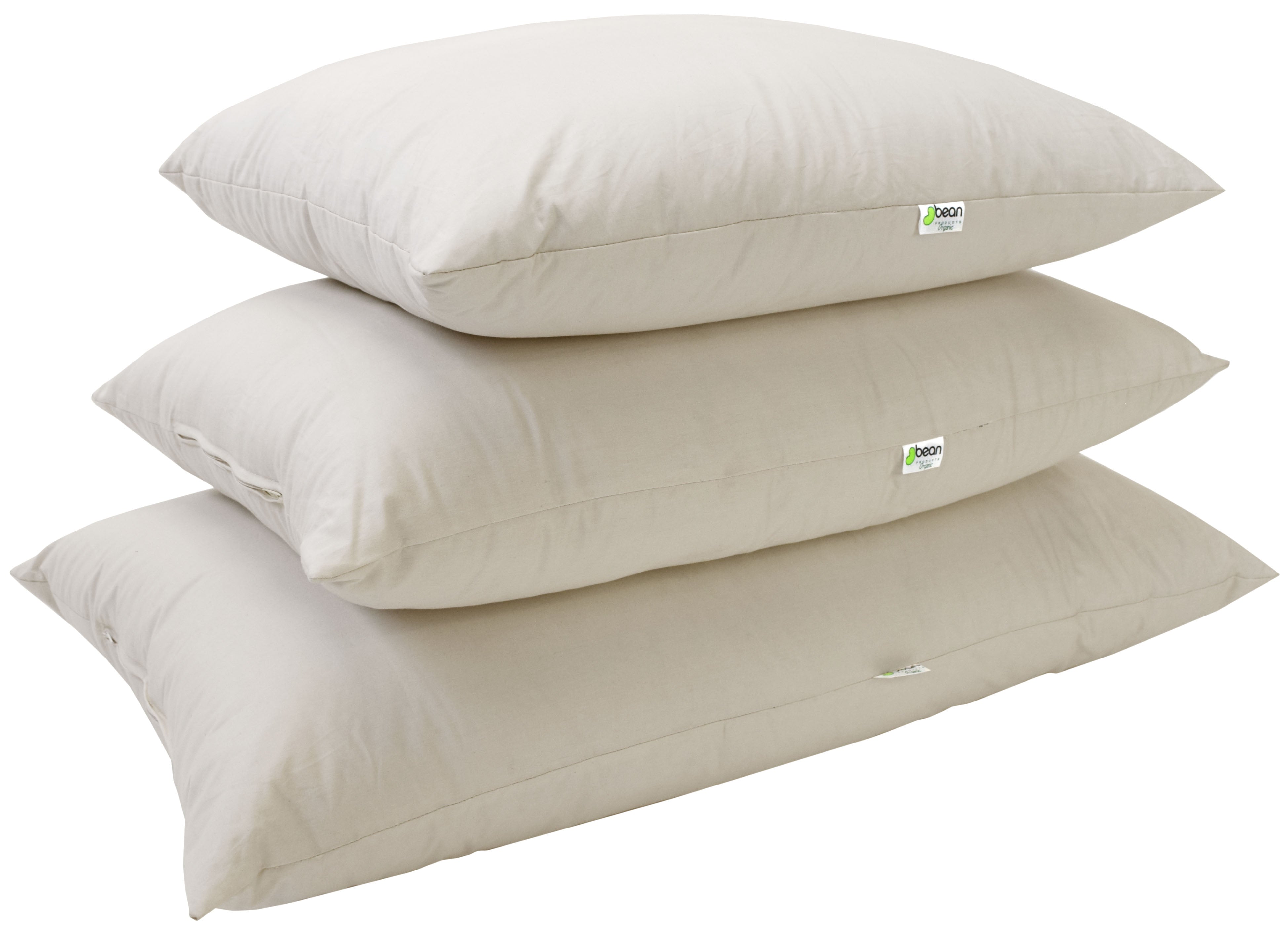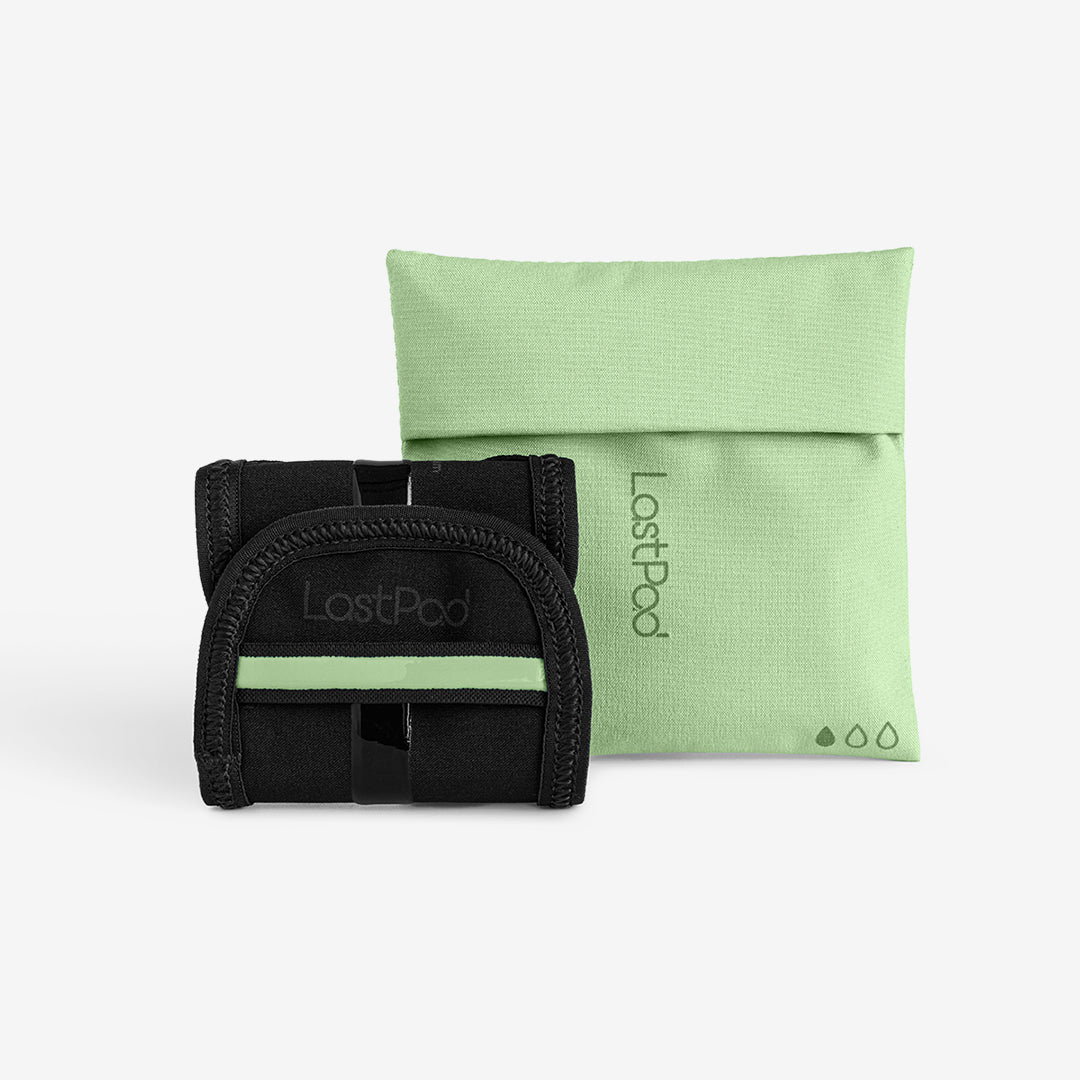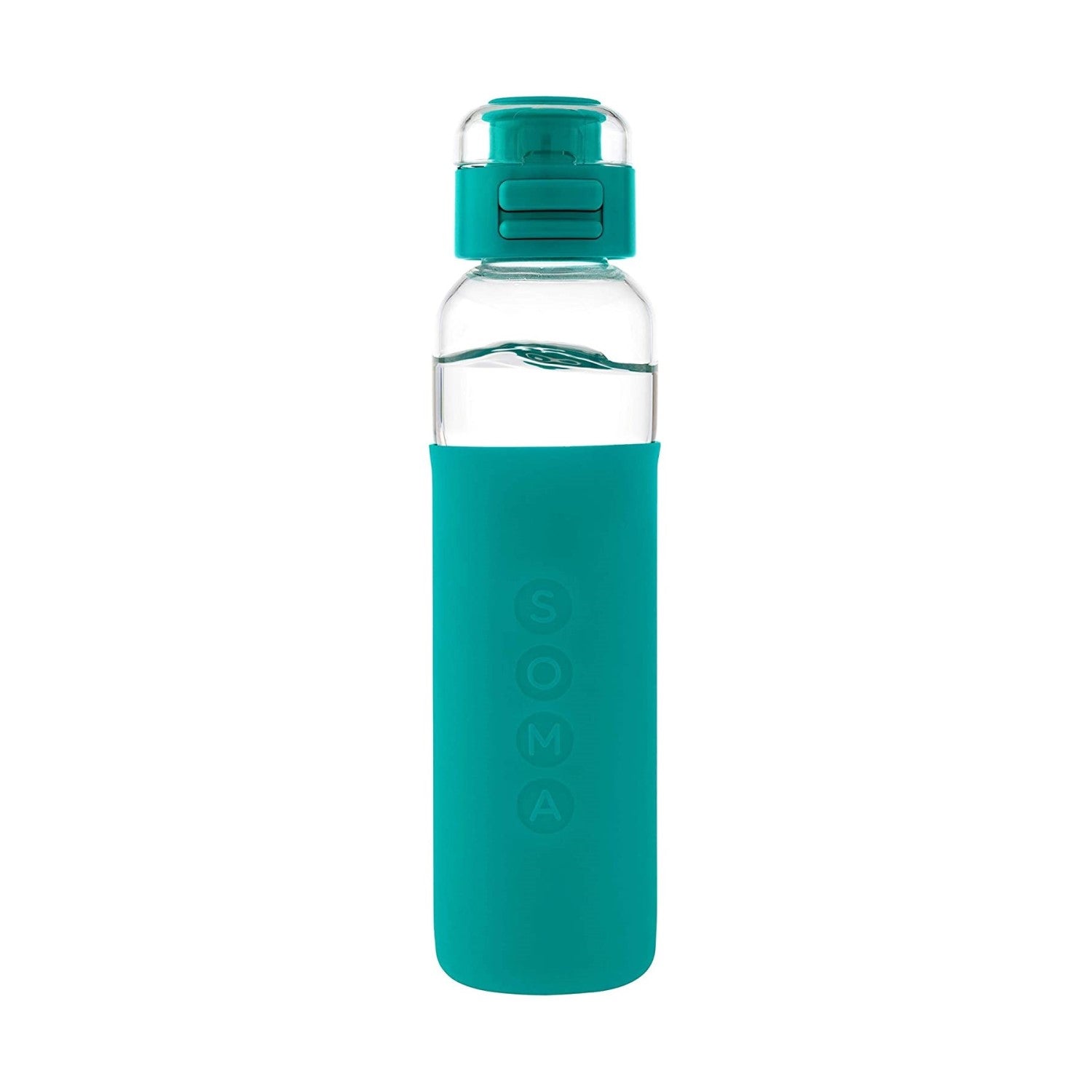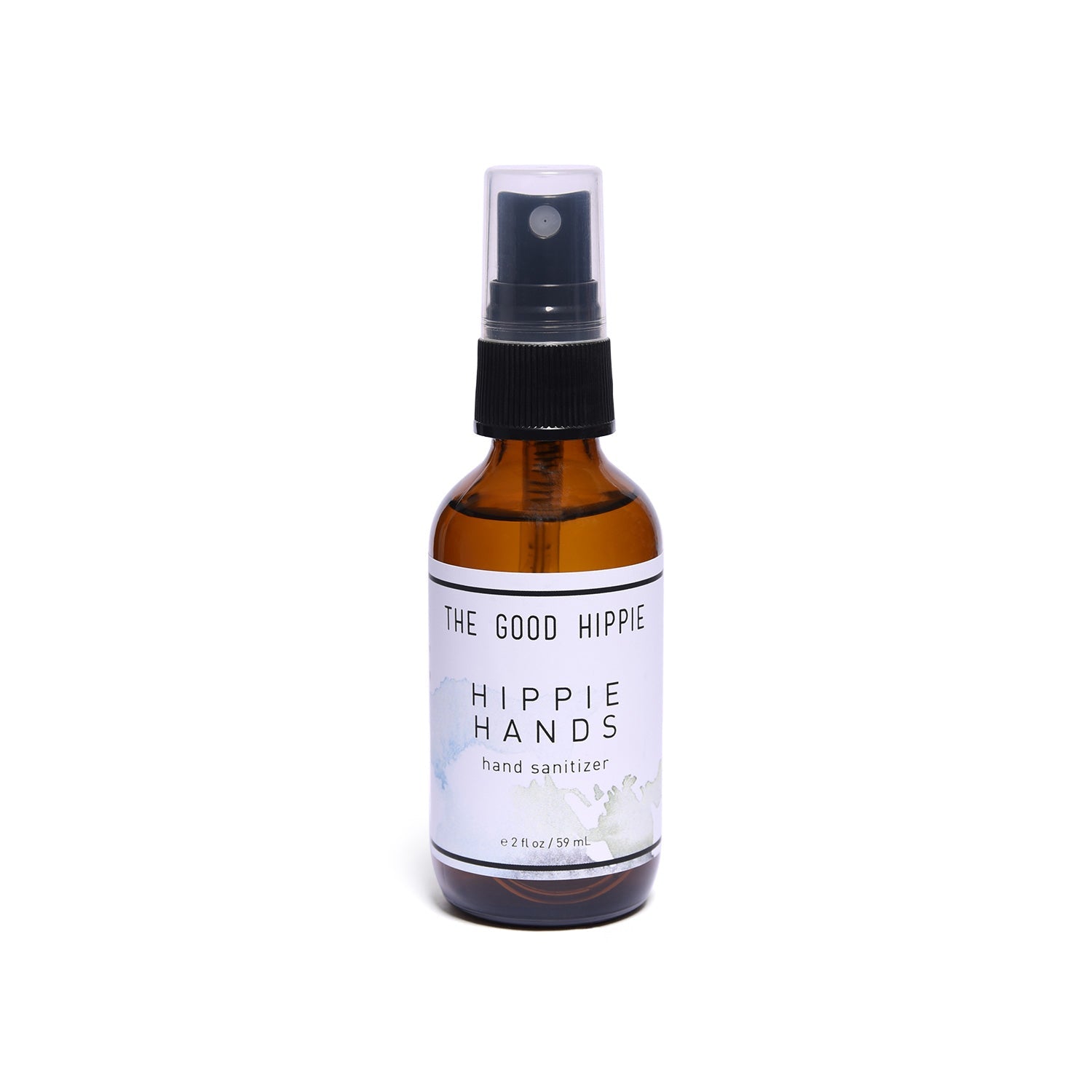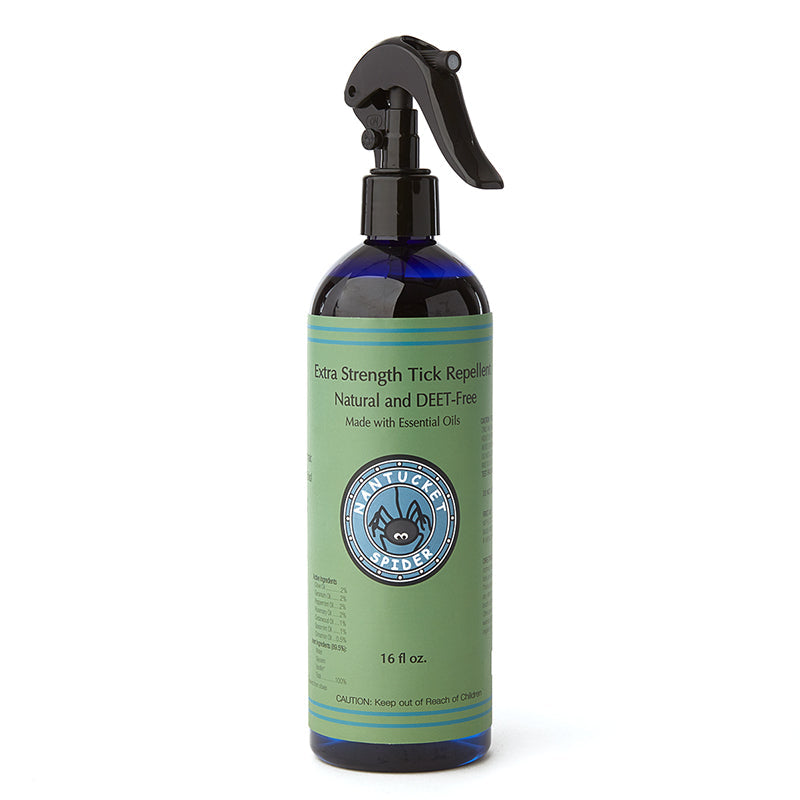
Plastic pollution has become one of the most pressing environmental issues of our time, as vast amounts of plastic waste end up in our oceans, landscapes, and even our food chain. Every year, millions of tons of plastic are produced globally, with a significant portion destined for single-use products that quickly become waste. From clogging our waterways to harming marine life, the proliferation of plastic debris carries dire consequences not only for nature but for human health as well. Microplastics, tiny fragments of broken-down plastic, have been found in some of the most remote regions of the world, highlighting the pervasive and persistent nature of plastic pollution.
Importance of Reducing Plastic Use
Reducing our plastic use is crucial in tackling this environmental crisis. By minimizing the amount of plastic that enters the waste stream, we can mitigate its harmful impacts on ecosystems and wildlife, and decrease our own exposure to potentially toxic chemicals released from plastic products. Moreover, reducing plastic use can also inspire broader changes in consumer behavior and corporate policies, prompting a shift towards more sustainable, biodegradable, or reusable materials. Every action counts, and by making conscious choices to avoid single-use plastics and support eco-friendly products, we collectively contribute to a healthier planet and a sustainable future.
How to Reduce Plastic Use
In the Kitchen
Transitioning your kitchen away from plastic is both feasible and beneficial. Start by swapping out plastic containers for glass or stainless steel alternatives, which are not only more durable but also safer for storing food. Instead of cling film, opt for beeswax wraps or silicone lids that can be washed and reused. When choosing new kitchen tools, look for items made from wood, bamboo, or metal instead of plastic. These small changes can significantly reduce your kitchen's plastic footprint, enhancing both your health and the environment.
Grocery Shopping with Less Plastic
Making mindful choices while grocery shopping can drastically reduce your plastic consumption. Arm yourself with reusable bags, including produce bags, to avoid the unnecessary plastic ones provided at stores. Whenever possible, buy in bulk using your own containers, selecting items like grains, nuts, and spices from bulk bins. Prioritize products with minimal packaging, or those packaged in recyclable or compostable materials. By planning your shopping and opting for plastic-free alternatives, you can significantly lower the amount of waste you generate.
Personal Care Without Plastic
Embracing plastic-free personal care is easier than ever with the growing availability of sustainable products. Consider replacing your plastic toothbrush with one made of bamboo, and switch to bar soaps and shampoos to eliminate plastic bottles. Many companies now offer deodorants, lotions, and even makeup in plastic-free packaging. Additionally, look for products with natural ingredients to reduce the environmental impact further. These changes not only reduce your plastic use but also expose you and your family to fewer synthetic chemicals.
Sustainable Household Cleaning
Cleaning your home doesn't have to come at an environmental cost. By opting for homemade cleaning solutions, such as vinegar and baking soda, you can avoid the plastic packaging of commercial products. For scrubbing and wiping tasks, use cloth rags instead of synthetic sponges which are often made with plastic. If DIY isn't your style, seek out brands that offer concentrated cleaning products in sustainable packaging or refillable options. These eco-friendly practices help reduce plastic waste and often provide a healthier home environment.
Recycling and Upcycling Plastic at Home
Recycling and upcycling plastic at home are crucial steps in minimizing your environmental impact and making the most of the resources at hand. Start by familiarizing yourself with your local recycling guidelines to ensure you're recycling plastics correctly. This helps to prevent contamination and increases the likelihood of the plastic being reused. For plastics that aren't recyclable, consider upcycling them into new, useful items around the house. For instance, old plastic bottles can be transformed into bird feeders, planters, or even artistic decor.
Conclusion
As we continue to face the challenges of plastic pollution, each step we take towards reducing our plastic use counts significantly towards a healthier planet. By implementing the strategies discussed, from choosing sustainable kitchen essentials to engaging in mindful shopping and beyond, you are contributing to a larger movement of environmental stewardship. Remember, change begins at home, and it starts with you.
For more practical tips and inspiring stories on living sustainably, visit our website. To dive deeper into the world of sustainable living and to stay updated with the latest trends and innovations, don't forget to check out Flora Blog.
Daily Deals
See All ProductsBest Sellers
Most Popular
Explore and shop the most popular products. Updated frequently!

5 min
National Coffee Day: Celebrate Conscious Coffee Consumption with Flora
In today's world, where sustainability is more than a trend but a necessity, Flora is proud to spotlight a selection of eco-friendly products designed to enhance your daily coffee ritual while caring for the planet.

6 min
Sustainable Living Guide #13: Sustainable Building and Renovation
Undecided with Matt Ferrell
Sustainable building and renovation represent a transformative approach to construction and home improvement that prioritizes environmental responsibility, resource efficiency, and the health of occupants.

5 min
Beach Day, the Eco Way: Must-Have Products from Flora!
From innovative sun protection options to stylish, sustainable beach gear, each product in our lineup adheres to Flora's commitment to sustainability and health. Our selection ensures you'll be well-prepared, environmentally conscious, and effortlessly chic.

5 min
How to Reduce Plastic Use in Daily Life
TED-Ed
Plastic pollution has become one of the most pressing environmental issues of our time, as vast amounts of plastic waste end up in our oceans, landscapes, and even our food chain. Every year, millions of tons of plastic are produced with a significant portion destined for single-use products that quickly become waste.

5 min
Sustainable Living Guide #11: Sustainable Travel and Tourism
Eco-friendly tourism is crucial due to its reduced environmental impact compared to traditional travel, which often contributes to significant carbon emissions and ecological degradation. By choosing sustainable travel options, tourists can help preserve local ecosystems and support conservation efforts.

6 min
The Benefits of Minimalism and How to Live More Sustainably
The Minimal Mom
Minimalism is more than just an aesthetic or a trend—it is a conscious choice to simplify life by focusing on what is essential. At its core, minimalism is about stripping away the unnecessary, leaving room for what truly adds value to our lives.

4 min
Sustainable Living Guide #10: Sustainable Technology
In this episode of Sustainable Living Guide, we explore how technology intersects with sustainable living offering innovative solutions that reduce environment. Sustainable technology refers to the design and application of devices, systems and services that promote resource efficiency and environmental responsibility.

4 min
10 Easy Eco-Friendly Swaps for a Greener Home
Transitioning to a greener home doesn’t have to be daunting. Small, manageable changes can accumulate to create significant environmental benefits. This blog post will explore 10 easy swaps that any family can implement to make their home more eco-friendly.

5 min
Find Your Zen: Eco-Friendly Products for International Relaxation Day
Taking a moment to pause and rejuvenate isn't just a luxury—it's essential for maintaining our well-being. International Relaxation Day invites us all to slow down and indulge in practices that restore our mind, body, and spirit.




